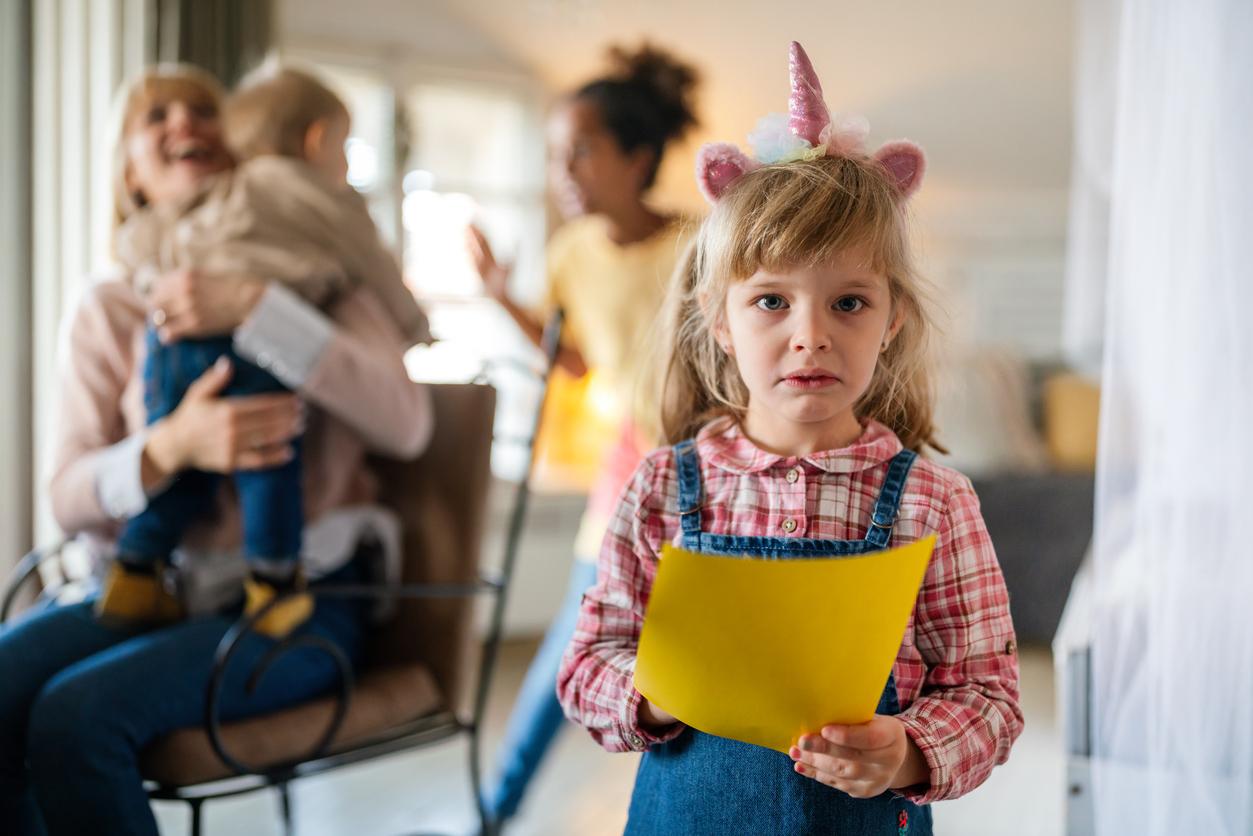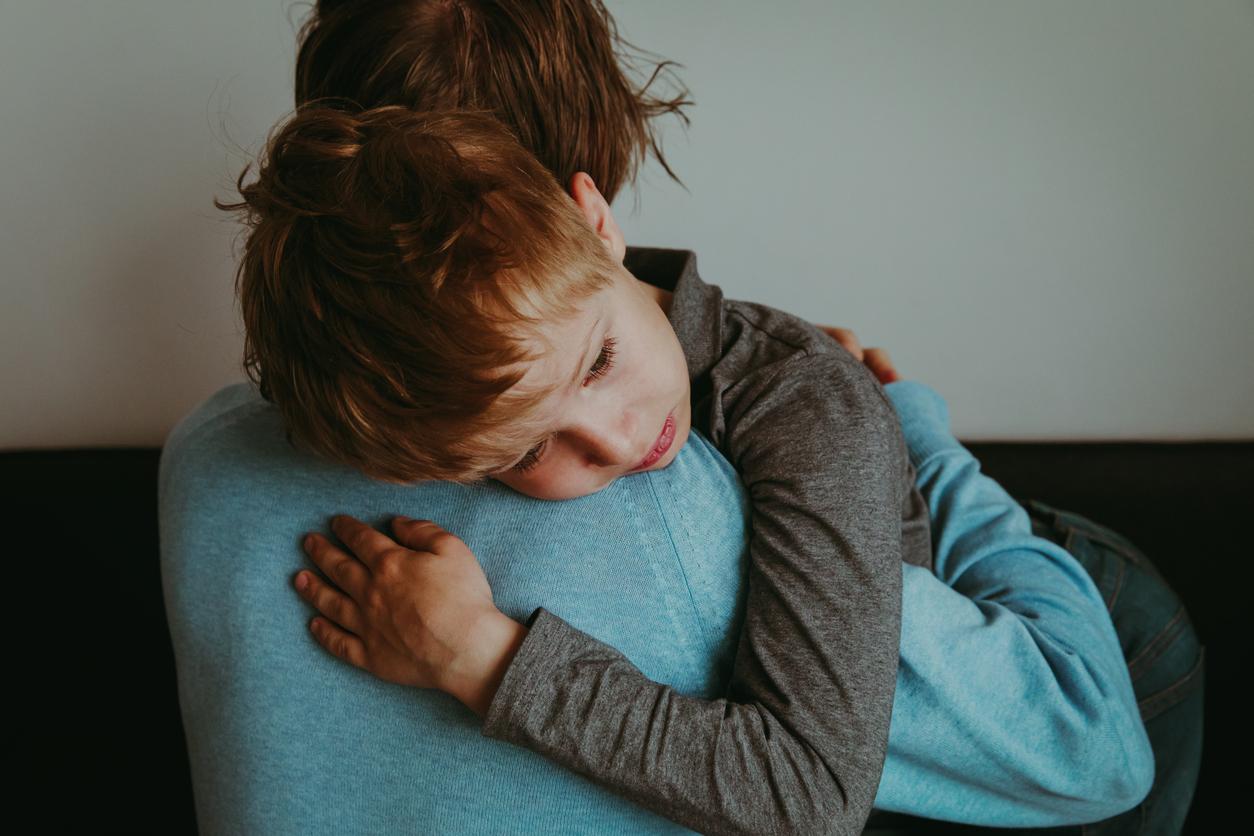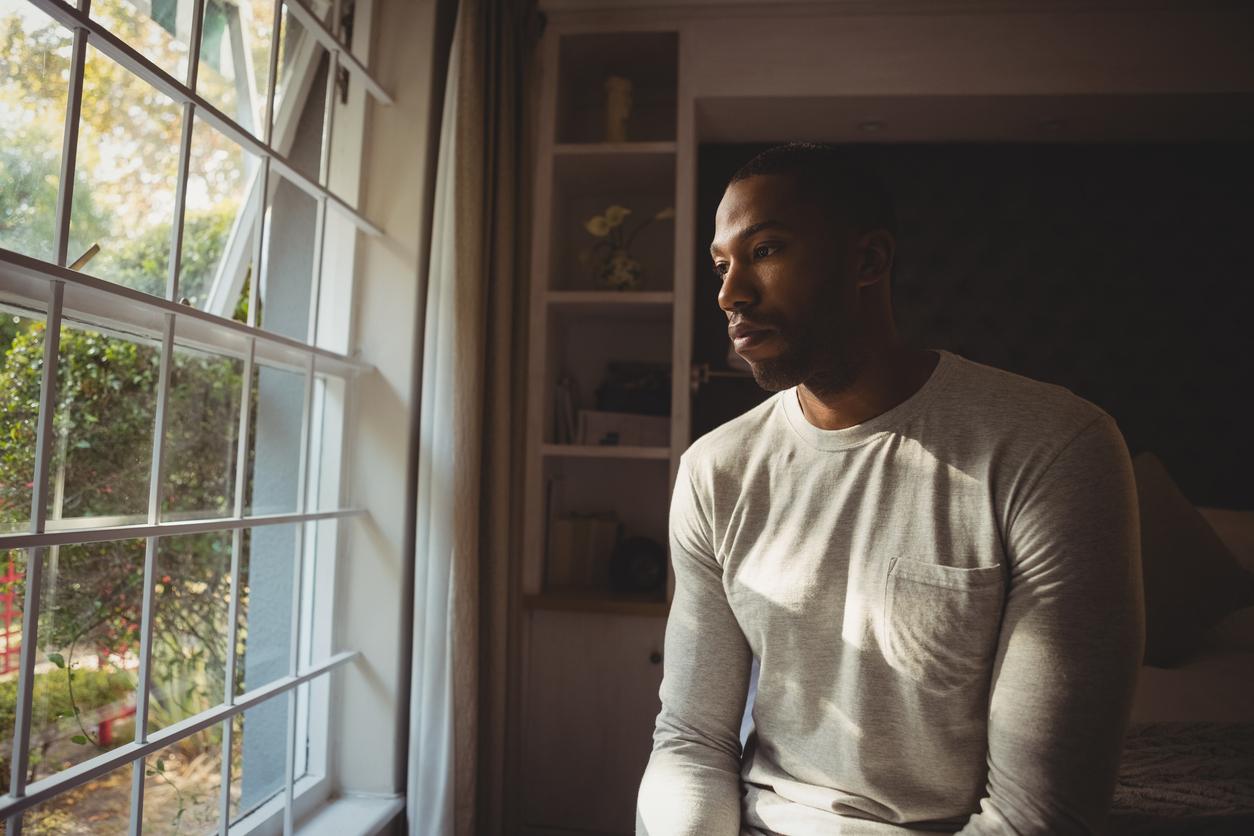Adolescents from large families tend to have poorer mental health than those with fewer than three siblings.

- In China, 34% of adolescents are only children, compared to only 12.6% of young Americans.
- In both countries, having multiple siblings was associated with poor mental health.
- This would be linked to the sharing of parental resources, particularly attention.
The higher the number of children in families, the more the mental health of young people deteriorates. This was recently revealed by researchers at Ohio State University (United States). To reach this conclusion, they carried out a study published in the journal Journal of Family Issues. As part of this work, the team used data from Chinese research which involved 9,400 middle school students aged 14. In the United States, she analyzed more than 9,100 children of the same age and at the same school level.
In China, a teenager had, on average, almost 0.7 fewer siblings than a young American. Consistent with what was expected due to China’s one-child policy, about a third of Chinese children are only children (34%), compared to only 12.6% of American youth. In both countries, scientists asked students various questions about their mental health.
Poor mental health among siblings born within a year of each other
According to the results, in China, adolescents without siblings had better mental health. In the United States, those who had no or only one sibling also had good mental health. Clear, “a high number of siblings is associated with poor mental health in both countries.”
The authors observed that having older siblings and siblings close in age tended to have the worst impacts on well-being. Siblings born within a year of each other had the strongest negative association with mental health. Another observation: children with half-brothers and half-sisters had poorer mental health.
Large families: “each child receives fewer resources and attention from their parents”
According to Doug Downeylead author of the work, this would be linked to the sharing of parental resources. “If you think of parental resources as a pie, one child means they get the whole pie, meaning all the parents’ attention and resources. But when you add brothers and sisters, each child receives fewer resources and attention from their parents, which can impact their mental health. When the age gap is small, children compete for the same types of parental resources”, he explained before adding that the data used did not take into account the quality of relationships between siblings.
He said there was still much to learn about the impact of large families. “This is especially important today as the United States and other countries have lower fertility rates. Understanding the consequences of growing up with few or no siblings is a social issue of more and more important.”

















